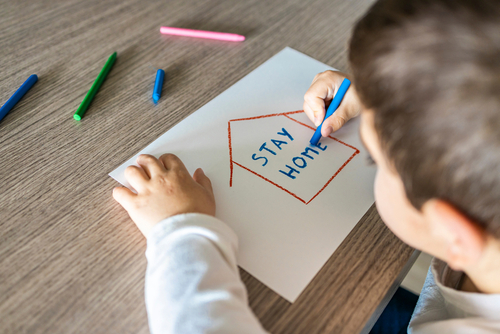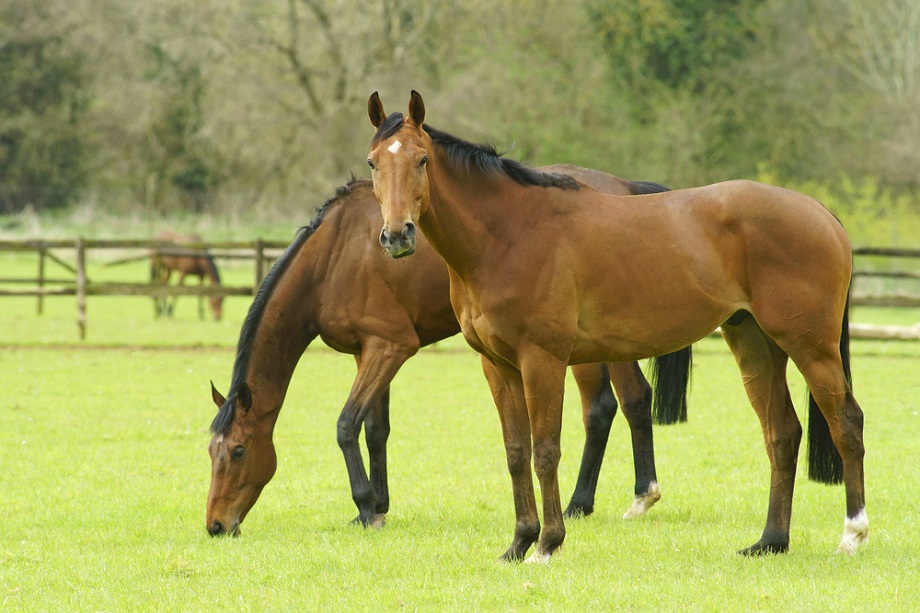
FAQ Styles of Home Edding
Home education and home schooling, what’s the difference?
You’re starting with a trick question. I’ve got your number.
I don’t get it, what’s the issue?
Well, for some there’s a really huge difference between home-schooling and home-educating.
The argument is that schooling is just one form of education and you can educate (or be educated) without doing any schooling whatsoever. Home-schooling connotes school and formal lessons, a timetable, tutors, assessments, curricula etc. In some circles to describe yourself as a home-schooler suggests you are very structured and have a “school at home” approach.
In contrast, home-education implies learning and developing without the paraphernalia of schooling. It is also called ‘free-range’, ‘child-led’ or ‘autonomous’ learning. It purposefully doesn’t resemble school at all.
Are you a home-educator or a home-schooler then?
I’m a home-schooler.
Why?
Because home-schooler has three syllables and home-educator has four.
I find “home education” a bit of a mouthful to be honest. Saying “I’m a home-educator” is, in my experience, a complete conversation killer, and if I say “I’m a home-edder” no one has a clue what I’m talking about. So, I’ve stuck with home-schooling.
What’s your style?
Baggy, bought in a car-boot sale, often stripey.
Not your clothes, your home-educating, sorry, home-schooling.
Well in the beginning, I’d been strongly influenced by autonomous home-educators; I’d read Free Range Education (which I’d still recommend to all) and John Holt, I’d listened to John Taylor Gatto over and over again. I was quite strongly “anti-school” and really believed it had some sinister purpose to dumb all children down and what they really needed was to be left to play, explore and follow their natural inclinations.
Jeepers.
At the start of our home-schooling journey there really wasn’t anything close to school in our lives.
We did so much! We went out nearly every day, I met up with other families frequently, went to the library to chillax, spent hours in museums with the kids just exploring in their own time, we did dozens of camping trips, went for long walks on the moors, the park… When we were at home we’d do baking, painting, reading, crafts, gardening, den building, and had so, so many conversations about the world, history etc.
Sounds amazing.
It was and undoubtedly it was educational – my kids learned tonnes, they were enthused and were exposed to so many different experiences. They had a ‘proper’ childhood filled with play and activities.
What changed?
I did.
That style of home-schooling was lovely for a while, but I began to find it very intense. I always had to be on hand to help my children follow their interests. When my sons fell in love with jousting and knights fighting with swords, we drove to watch knights at English Heritage re-enactments, learned about swords at Leeds Armouries, read countless books on them, made swords and shields out of cardboard etc. It was fun and my kids learned loads, especially about swords, but it was a lot of work and took a lot of my time.
The other thing I found is that my kids would get bored when we weren’t out and about, so they’d bicker. You try being at home with a house full of little boys who are obsessed with pirates and have no structured learning to do whatsoever, and you’ll understand where I’m coming from.
I’ll pass, thank you. What happened next?
I began to introduce some formal learning into our days.
Not a massive amount, but something. Perhaps ten minutes of numbers and ten minutes learning letters to start and I built up from there.
How did your kids take it?
Quite honestly? The constant bickering and fighting stopped almost instantly. I think the fact they had something to do, something that was stimulating even though they wouldn’t have chosen it, was good for all of us. They’d do their “lessons” and go off to play together, rather than fighting and destroying the house.
So, did you have a maths hour, an English hour, a science hour, then a history hour? How did it work?
No, it was nothing like that. What you’re describing is what I’d call, “school-at-home” and I’ve never seen that work well long term. Maybe some people have done it, but I’ve found parents burn out if they try to replicate school too closely.
A lovely home-schooling lady introduced me to the “Work Box System” by Sue Patrick. She designed an entire system for her autistic children, but I found it quite complicated to follow in full. Essentially, I gave each of my children a set of twelve trays (sold online for storing toys) and they had to get through their trays every morning. One tray might contain a jigsaw, for example, another a page of writing practice, some maths, colouring in, or an instruction to do an activity.
What was so good about it?
The trays meant I could organise my children so they were occupied all morning.
I could get them to do easy things when I was busy (for example, when I was changing a baby after breakfast, they’d have colouring in to do).
I could predict when I wouldn’t be busy and then I’d give them work they’d need help with. I even used to time it so that only one child at a time would need my help.
I was able to organise their trays when they’d gone to bed and I was free, I’d check their work and would get things ready for the next day when it was quiet.
It was also good because my kids knew they had to get their trays finished, so they began taking responsibility for their time and doing things independently.
What changed?
As my kids got older, they just didn’t need so much input from me and they certainly didn’t need me to leave them jigsaws in boxes anymore. We naturally slipped into having a very loose timetable.
A timetable? I thought you said school-at-home doesn’t work?
The key word there was “loose”.
The style we’ve settled in now is best described as semi-structured. My youngest daughter (aged 7) does about 20 mins of maths a day, 20 mins of writing practice and 20 mins of reading practice. Some days I’ll organise other activities or will take her out, but she’s got so many things to do at home that she can fill up her time without constant supervision.
In contrast, my 15 year old daughter (who has iGCSE English Language exams next month) started her day with an online tutorial (last minute revision for the exams), needed my help preparing an assignment on Romeo and Juliet, watched some YouTube clips on English Language, and did some work towards her Maths and History iGCSEs. She’s now completely in charge of her own timetable but knows I’m on hand to help if she asks.
Is it fair to say you start off with home-educating and build up to home-schooling?
I wouldn’t say we ever reach the point where I’m running a mini-school. By the time my children are in their mid-teens, I want them to be in charge of their studies – that never, ever happens in school. I’m just in the background to help when needed, especially when it comes to revision.
Additionally, I’ve just described how things look in the cold, damp part of the year. It looks very different in the heat of summer.
This is England.
Okay, I’ve described how things look in the coldest and dampest half of the year, when it’s grim outside and our garden looks like a quagmire from Middle Earth. The time of year when our cats remember they live here, move back in, take all the best chairs and demand room service. From late autumn to early spring we do more schoolie-type stuff.
The rest of the year, the six months where we have grass on the lawn and the cats go feral, we get out and things feel more “free-rage” – we need a break to be honest. Even when we don’t go out on trips together, the kids spend most of their time playing outside or just being outside. But after six months, I find we all want some peace, quiet and a bit of structure, so we welcome the return of winter.








Responses